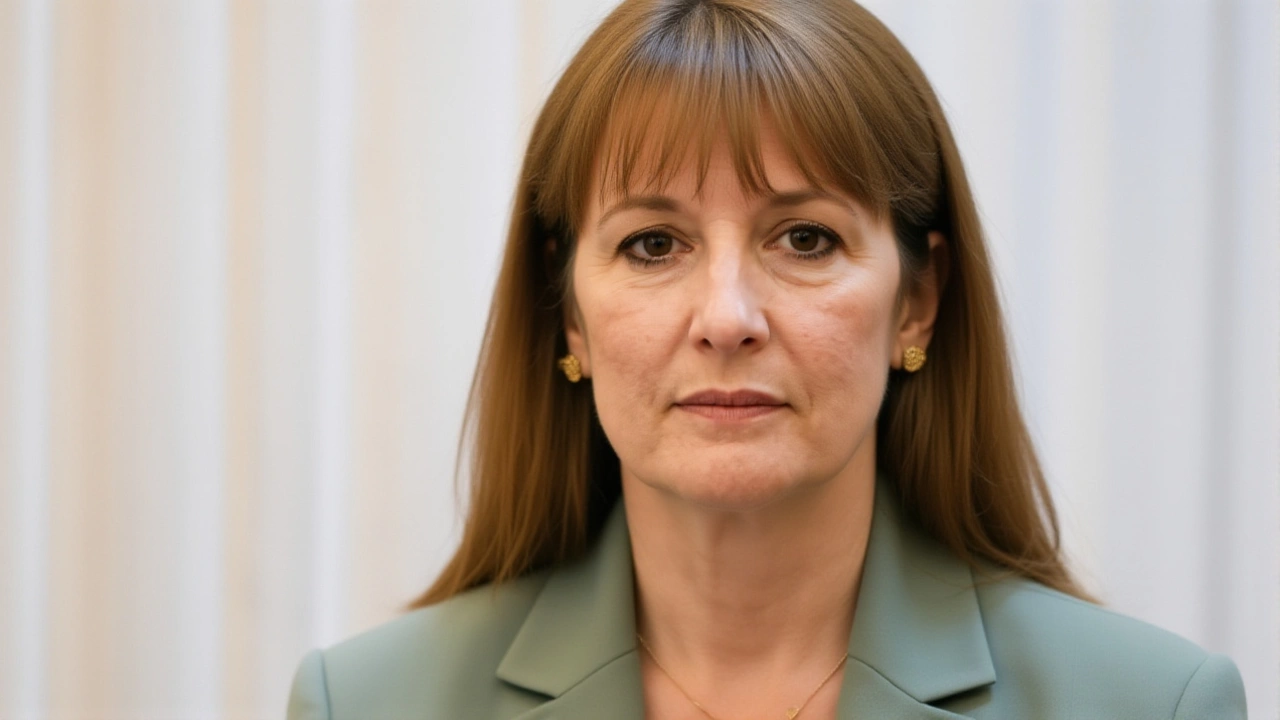Rachel Reeves – UK Politics, Finance and Policy Insights
When talking about Rachel Reeves, the British politician who serves as Labour's Shadow Chancellor and MP for Leeds West. Also known as UK Shadow Chancellor, she guides the party's economic agenda and challenges the government's budget plans. Rachel Reeves brings a background in banking and public finance, which means she understands both market mechanics and social priorities. She operates within the Labour Party, the centre-left political group that aims to reshape taxes, welfare and public services. The Labour Party influences her priorities, while the UK Treasury, the government department responsible for economic and financial matters responds to her critiques. This relationship creates a dynamic where Rachel Reeves requires deep knowledge of fiscal policy, and the Treasury provides data that shapes her proposals. In short, she encompasses public finance, political strategy and economic reform, making her a key figure for anyone watching UK politics.
Key Themes Around Rachel Reeves
One major theme is fiscal policy, which covers taxes, spending and budgeting. Rachel Reeves advocates for progressive tax reforms that aim to fund public services without overburdening low‑income households. She draws on her experience at the Bank of England and HSBC, meaning she can speak the language of both investors and ordinary voters. Another theme is economic reform, where she pushes for green investment, infrastructure upgrades and support for small businesses. These ideas intersect with the Labour Party’s broader goal of reducing inequality. At the same time, the UK Treasury monitors her proposals, adjusting its own forecasts and policies accordingly. This back‑and‑forth creates a clear semantic link: Rachel Reeves influences fiscal policy, the Labour Party frames the agenda, and the Treasury reacts with official budgets.
Beyond numbers, Rachel Reeves also plays a role in parliamentary strategy. As a senior MP, she leads debates on the annual budget, questions the Chancellor and works with committees that scrutinise public spending. Her communication style balances technical detail with relatable stories, which helps ordinary readers grasp complex issues like national debt or inflation. The public often hears her on TV or in articles that explain how a change in tax rates could affect a family’s grocery bill. This connection between policy and everyday life is why she needs to be clear, factual and persuasive. Whether she’s discussing a green jobs plan or a new funding model for schools, the thread remains the same: improve the UK economy while keeping fairness at the core. Readers interested in British politics will find that understanding her approach provides a window into how the Labour Party plans to challenge the current government's economic direction.
Below you’ll find a hand‑picked collection of posts that dive deeper into these topics. From analyses of her budget speeches to breakdowns of Labour’s tax proposals, the articles give you the context you need to follow her work. Whether you’re a student, a voter or just curious about UK economics, the material below will help you see how Rachel Reeves shapes the conversation around money, policy and the future of the country.
